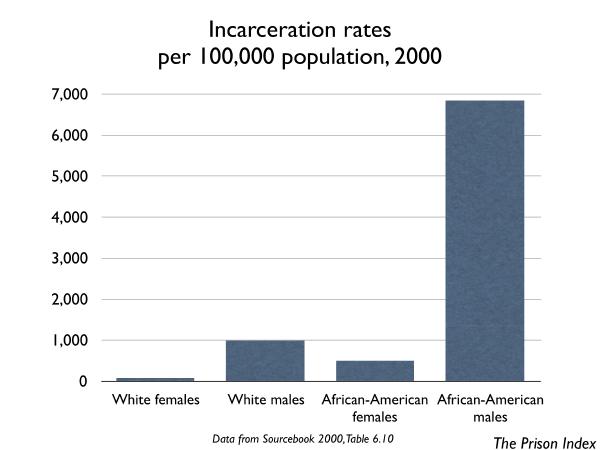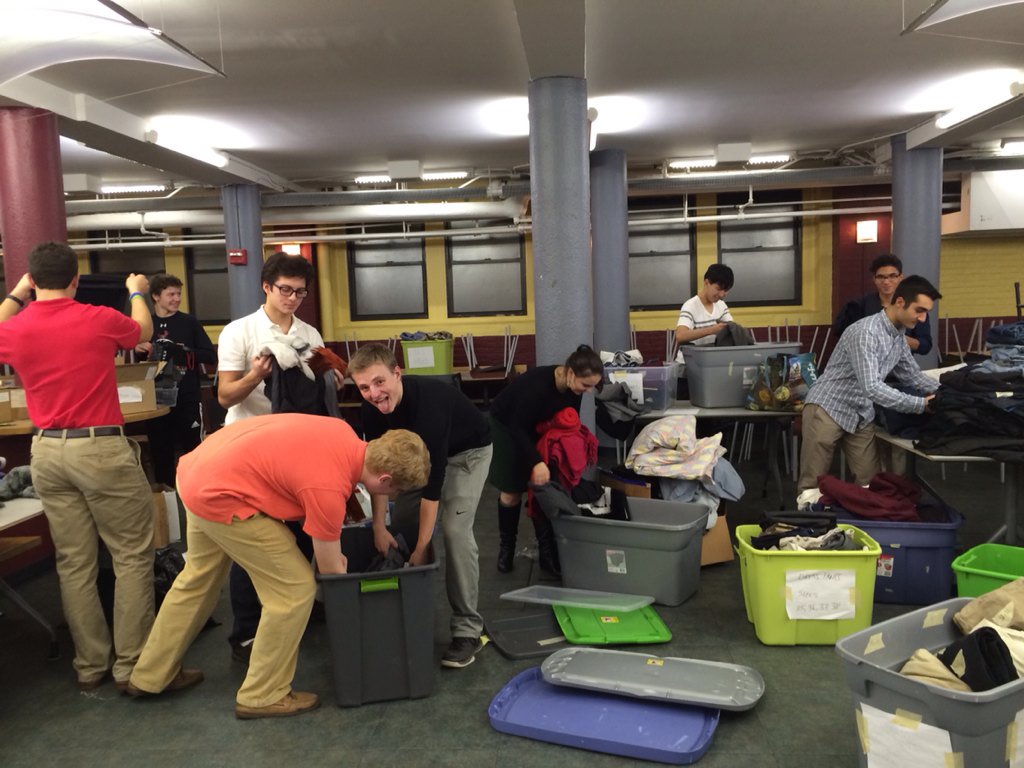After three months, a lot of tests, and a lot of loads of laundry, I have finally made it to Thanksgiving break of my first semester. During this time of adjustment– I wish I knew how to make a bed before I got here– it hasn’t been easy to pursue my passions. I mean, life gets in the way of things.
I started this semester by talking with a professor in World in Conversation about ways to get involved in the criminal justice system, because I really wanted to bring the experiences that I had in high school to Penn State; however, we have had a rough time communicating with the warden of Rockview Prison.
About a week ago, I was stumped. I had no clue how to get involved in service inside of a prison near Penn State. Then, out of nowhere, I remembered a conversation I had with my adviser earlier in the fall; she encouraged me to bring the program that I started in high school to Penn State and shared with me an initiative called “Centre Peace” that she thought would interest me– I wish I would’ve realized that back then!
I decided to email Centre Peace and within a day I received an email back from the director of volunteering, and a connecting email from the director of Penn State’s Restorative Justice Initiative. I met with the professor who oversees the program, and finally, I am confident that I have found an outlet to continue my prison missionary. While RJI is an initiative primarily run by graduate students, I believe my standing as an undergraduate will allow for further growth on campus.
I have been assigned the task of organizing an intramural league with a nearby prison, in which Penn State students would compete against inmates in basketball and floor hockey. The goal is to allow inmates to have contact with the outside world and for college students to engage with inmates. Now, you may ask why? The answer is complex; moreover, playing sports seems sort of simple and pointless. But, looking deeper than the games played, inmates and college students would be able to form connections, and hopefully, those connections will allow those students to change the way they label and perceive “criminals.”
I know for sure that events such as the one I talked about above, are simply stepping stones to a bigger picture. Down the line, I would love to engage a larger portion of Penn State, and hopefully encourage others to get involved in the issues surrounding criminal “justice”, if we can even call it justice at all. I think this subject, given the nature of how our society views “criminals”, has not gained the attention which it deserves; however, years from now, I believe future generations will look back at our form of criminal justice and cringe at the thought of it. I guess we’ll have to wait, but I plan to make that waiting a whole lot shorter.





